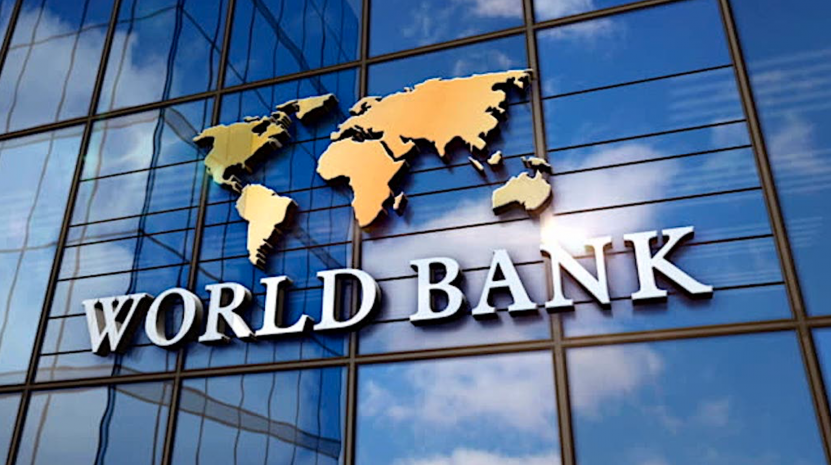What We're Reading

Mirek Tobiáš Hošman, University of Bologna, Paris City University
Jamie Martin, The Meddlers: Sovereignty, Empire, and the Birth of Global Economic Governance, Harvard University Press, 2022
Jamie Martin explores the origins of global economic governance in his recently published book titled The Meddlers. While we often think that international rules-based economic order emerged from the ruins of World War II, Martin traces its history to the First World War and the inter-war period. He analyzes the first international institutions that were supposed to govern the global economy, with an emphasis on the League of Nations and the Bank for International Settlements. The Meddlers is thus a valuable contribution to the recent renaissance of the works in historiography of global development and international organizations, which often focus on the second half of the 20th century. Yet, despite the fact that The Meddlers tells an older story and, in a sense, provides a prequel to the rich scholarship on Bretton Woods institution and later institutional development of the United Nations system, Martin’s analysis is directly relevant to the ongoing debates and controversies surrounding our current institutions governing the global economy. While describing the “meddling” of international organizations in domestic policies of states before World War II on cases such as the League of Nations assistance to Greece and China in the 1920s and 1930s, Martin shows how conditional policy-linked lending and technical assistance developed before their inception at the IMF and later at the World Bank. By contextualizing the theory and practice of global economic governance in the early 20th century, The Meddlers offers a fresh and compelling perspective on the foundation of global economic governance and its transition in the late 1940s.
Eva-Maria Muschik, Building States: The United Nations, Development, and Decolonization, 1945–1965, Columbia University Press, 2022
Recently published Building States by Eva-Maria Muschik explores the involvement of the United Nations (UN) in the establishment of the post-1945 nation-state system. The doubling of the UN membership – from 51 countries in 1945 to 117 countries in 1965 – offers a rich political, economic, and social dynamic, which Muschik analyzes through the perspective of the UN Secretariat and the agency of international civil servants. Building States thus offer an important insight into the endogenous processes of the UN institutional machinery, while arguing that the expansion of the activities and powers of the UN and international organizations more generally after World War II was intimately bound up with the creation of new states and the construction of state power. In this sense, Muschik sees the post-1945 triumph of state sovereignty not as a global extension of the Westphalian model of international relations, but as a new phenomenon of the postcolonial world, where the newly established states depend on external assistance and funds to exercise their sovereignty. Building States tells the story of the UN Secretariat and UN officials involved in state-building processes in Libya, Somaliland, Bolivia, and Congo, and shows how the institution extended its activities and powers far beyond the originally envisioned scope. Muschik’s analysis of the UN state-building activities is an essential contribution to the historiography of the organization and of development and state-building processes in the mid-20th century.
Alessandro Iandolo, Arrested Development: The Soviet Union in Ghana, Guinea, and Mali, 1955–1968, Cornell University Press, 2022.
Arrested Development tells the story of the Soviet Union as a global development actor, a source of ideas and inspirations, and economic resources for countries in West Africa, which were emerging in the 1950s as political sovereigns after decades of colonial domination. Alessandro Iandolo’s fascinating narrative builds on archival research in six countries on three continents and sheds new lights on the history of global development and the role of socialist ideas and policies in the economic and political development of West Africa, namely in three African countries – Ghana, Guinea, and Mali. Arrested Development offers a comprehensive analysis of the export of the Soviet development model based on state interventionism and on building up the state as the main constituent of national development. Given the marked difference between the Soviet development ideas and the modernization vision of the United States and Western Europe which highlighted the importance of market competition and private investments, Arrested Development is extremely valuable in exploring the specific shapes that the Soviet development efforts took in Ghana, Guinea, and Mali. Iandolo argues that while the Soviet strategy in West Africa was dominated by state investment and collective organization, private property was not abolished, agriculture was never fully collectivized, and heavy industry remained on the sidelines. In other words, states and markets were supposed to co-exist. In unraveling this complex amalgam of the Soviet development assistance in West Africa, Iandolo offers a masterful contribution to our understanding of the history of international development and the Cold War development dynamic.